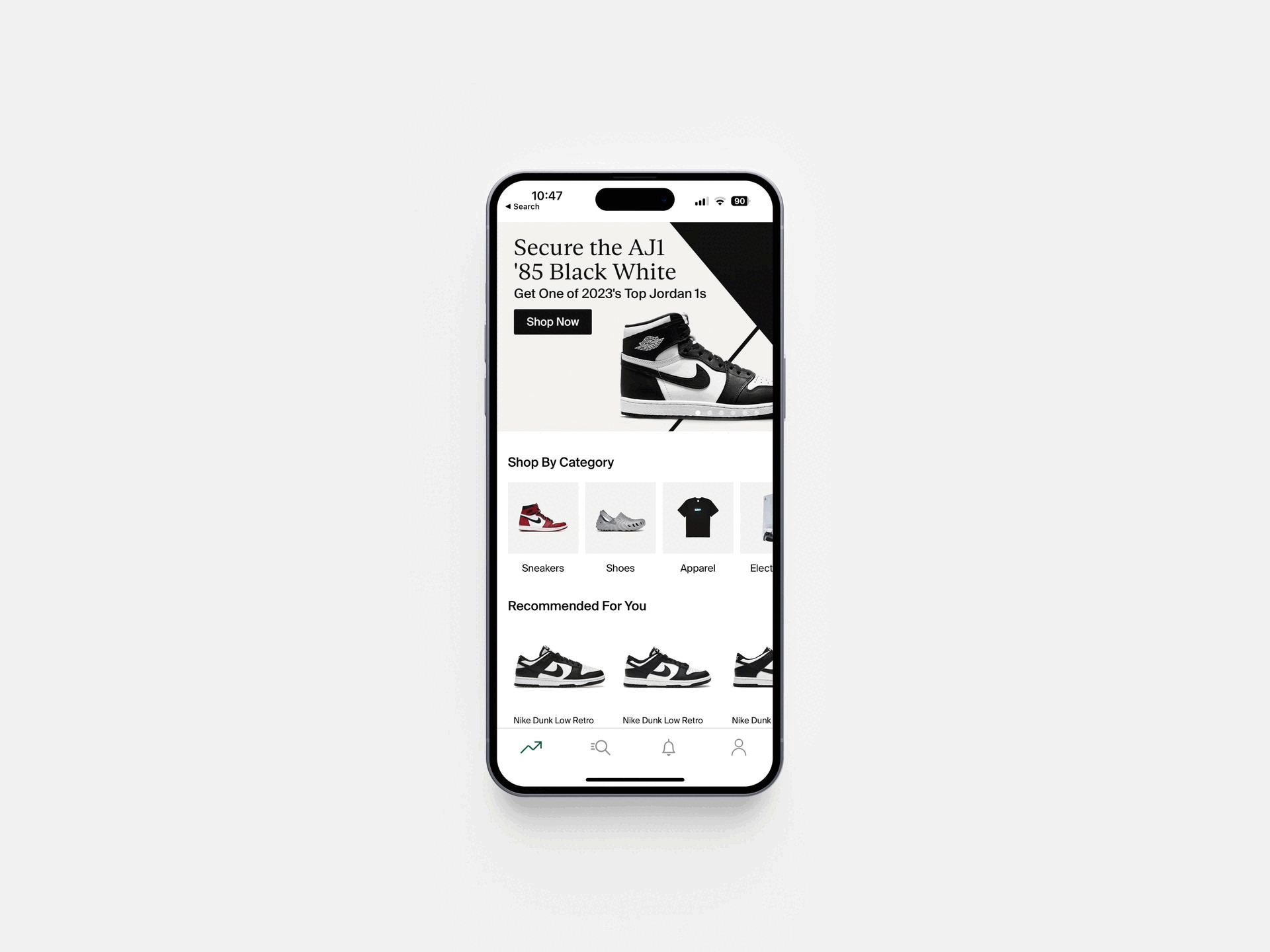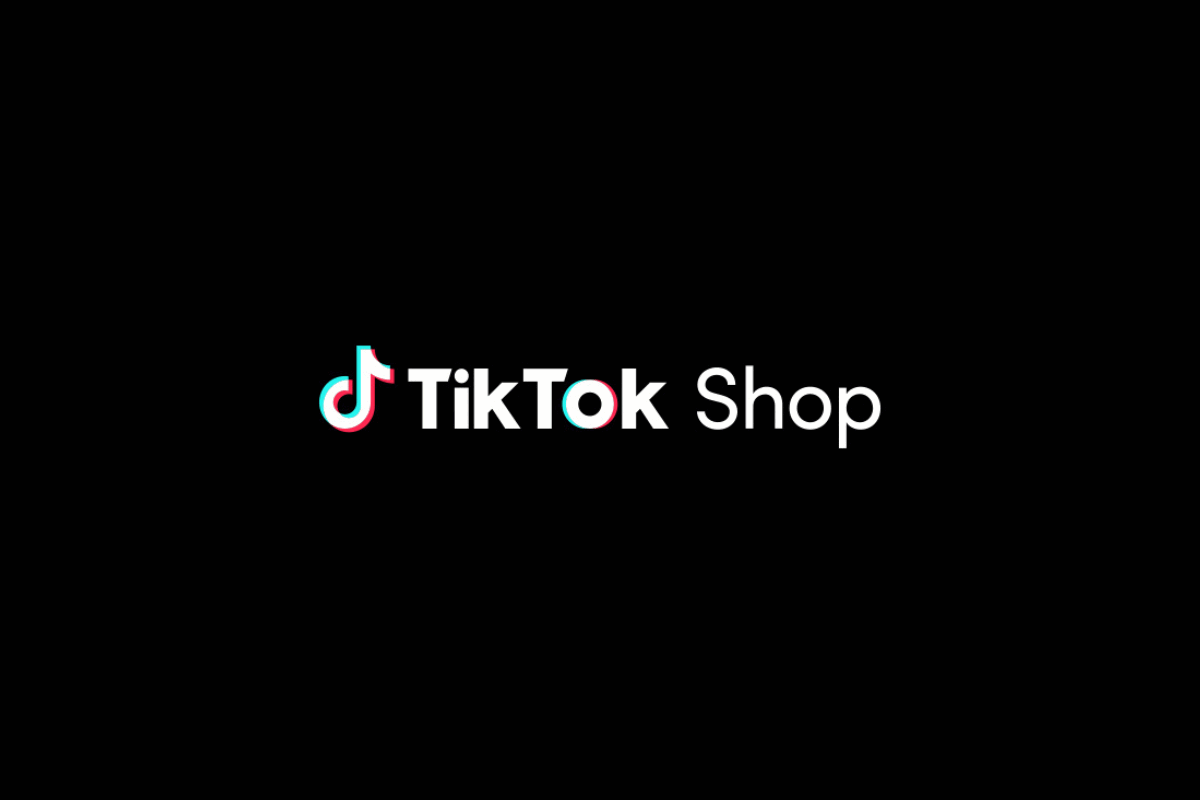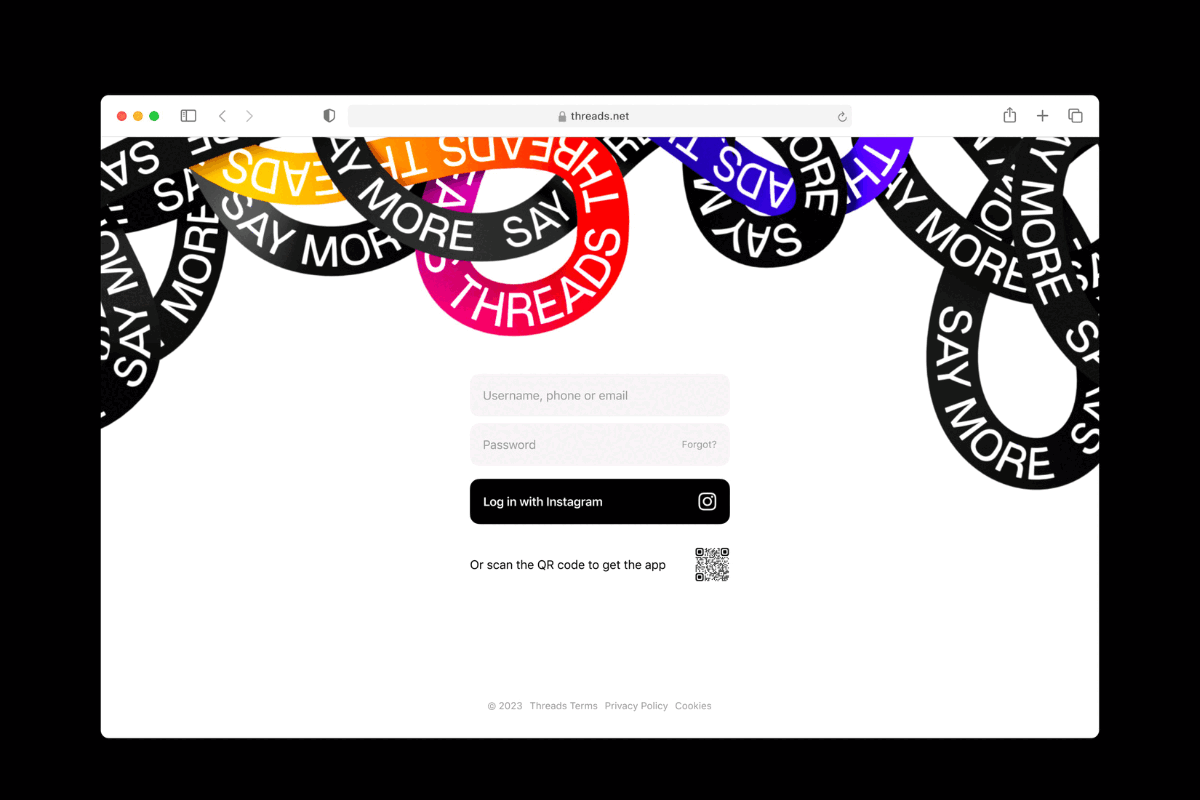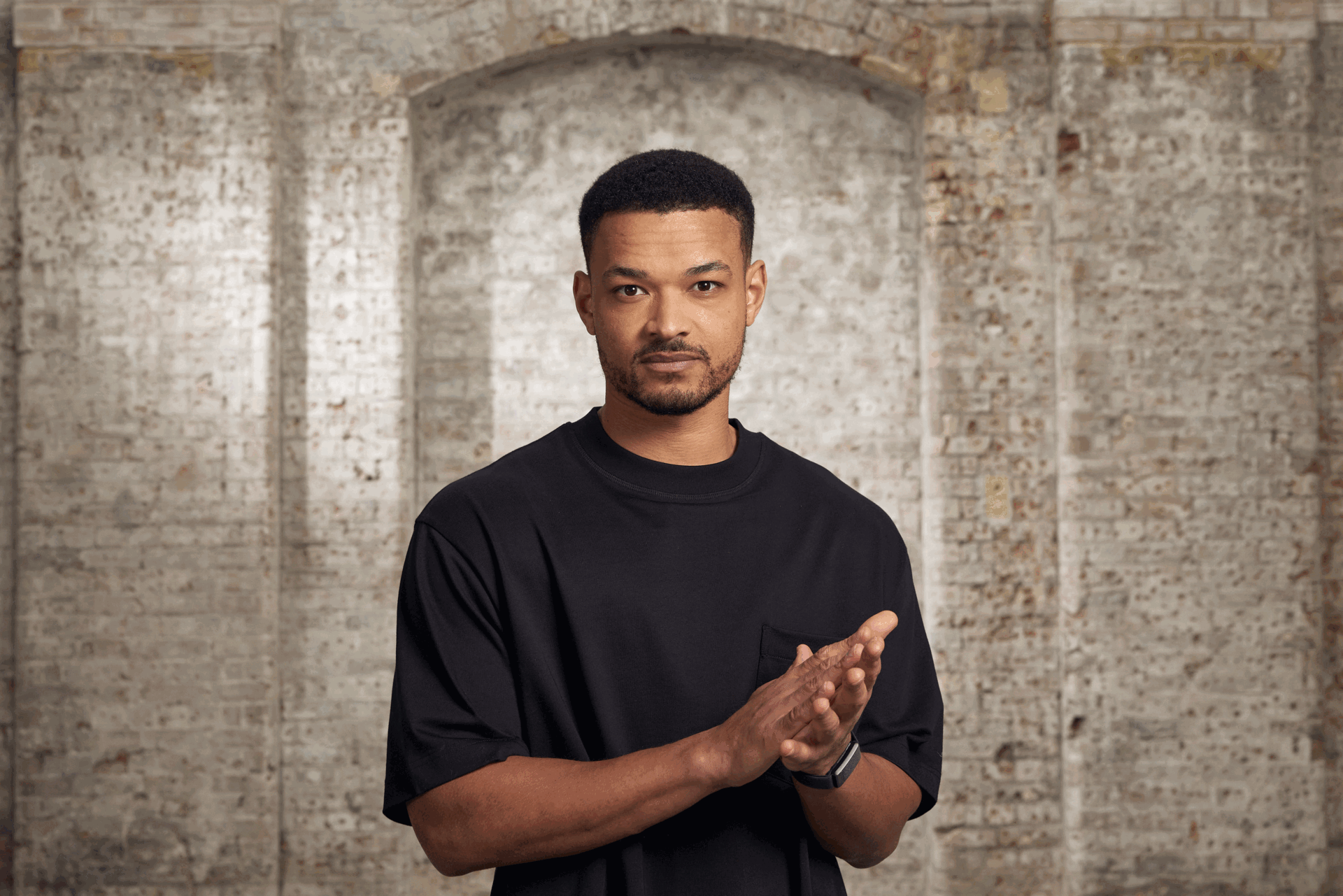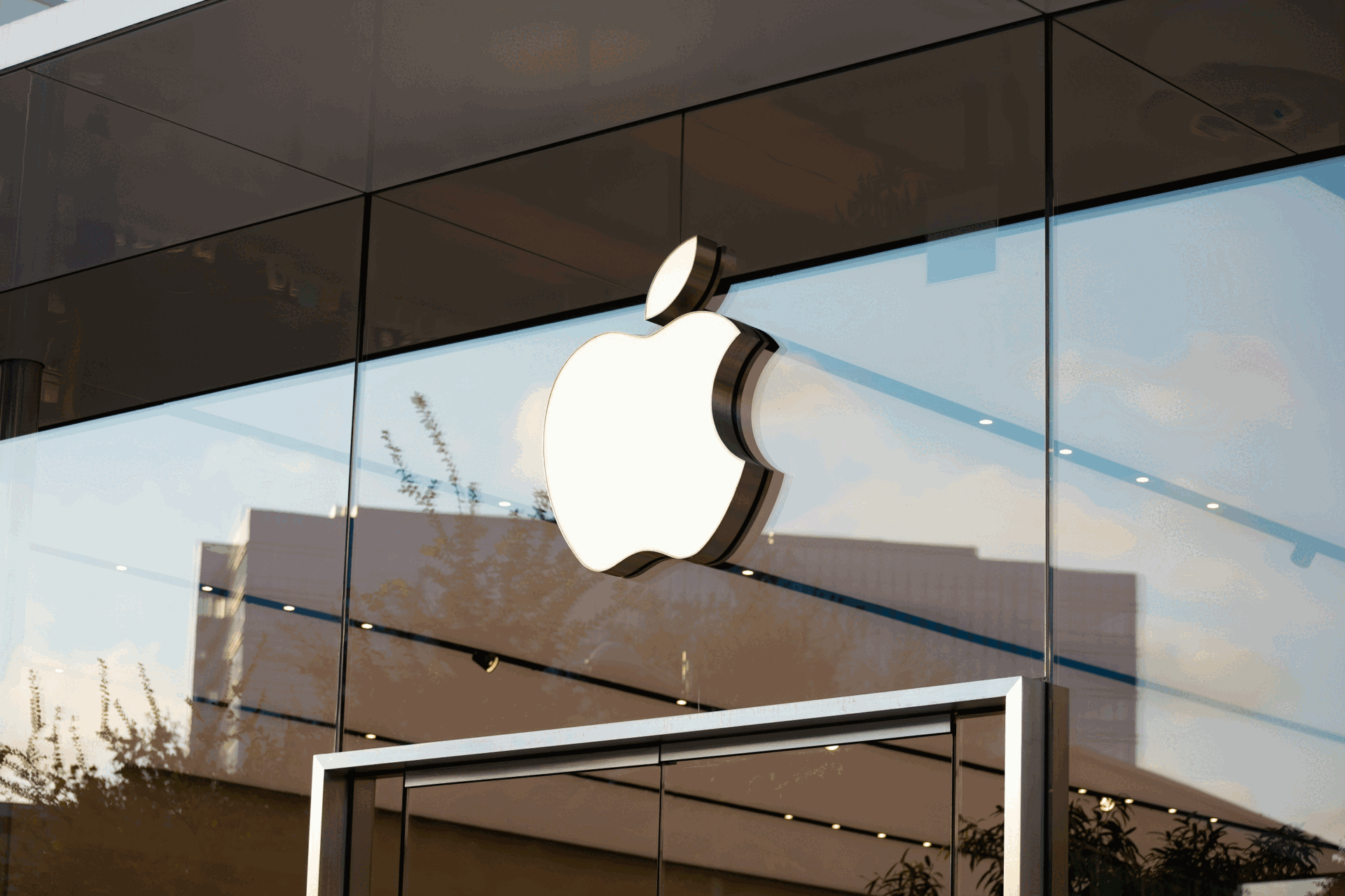UK Rail Industry Plans for Connected Future
- Wednesday, February 8th, 2017
- Share this article:

The Rail Safety and Standards Board (RSSB) has unveiled a series of plans for the future of rail travel in the UK, with technologies including biometric scanning, digital signalling and Bluetooth tracking outlined as potential ways to improve efficiency and customer service across the industry.
In his last budget, Chancellor Philip Hammond committed £450m to pilot schemes that would support the Digital Railway project, trialling digital signalling technology that would enable trains to travel more closely together, as well as boosting safety and reliability.
The Capability Delivery Plan proposed by the RSSB identifies 12 key areas that will be improved over the coming years, and has been endorsed by the Rail Supply Group and the Rail Delivery Group.
Among the other technologies suggested are smart ticketing which will make moving through stations and trains easier, personalised customer information and an increased focus on data collection and real-time information which will help rail staff to make better decisions, as well as providing customers with more useful, up-to-date information.
“We are pleased that the delivery plan has been issued, but now comes the hard work of bringing the industry together to make the plan a reality,” said Guy Woodroffe, head of rail technical strategy for the RSSB and programme manager for the Technical Leadership Group, which will lead the implementation of the plan.

Among the pilot schemes embracing the rail industrys new approach to digital technology is a trial by Chiltern Railways and travel technology firm SilverRail Technologies, which is experimenting with ticket-free travel using a Bluetooth-enabled app.
“Our goal is to remove uncertainty and frustration to create a relaxed, stress-free journey for Chilterns commuters,” said Carmel Roche, head of mobile at SilverRail Technologies. “We are extremely excited that Chiltern is embracing this opportunity to make door-to-door travel simple, seamless and cost effective.”
Once activated, the app uses Bluetooth to track the customers phone from the ticket hall to their destination, then charges them accordingly and lets them through the barriers. The app will also offer personalised, real-time travel updates, commuter advice and multi-modal journey options. The trial is planned for later this year on a route between Oxford Parkway and London Marylebone and is seeking volunteers who regularly travel the route.
“Customers want to travel easily with assurance that they have paid the best price; this app-based concept eliminates the need to purchase a ticket instead using Bluetooth and geolocation tracking to determine journeys taken charging the best value fare at the end of the day,” said Dave Penney, managing director of Chiltern Railways. “We chose to work with SilverRail as they share our drive for innovation and are an incredibly agile and innovative, rail-focused organisation with a wide range of experience.”
Connectivity no longer just means mobile. It spans everything from Bluetooth beacons to smart home assistants, and offers brands a whole new set of ways to target and engage with consumers. To find out the challenges and opportunities this brave new world of technology offers, book you place at our Connected Consumer Summit, 16 February 2017 in London.




